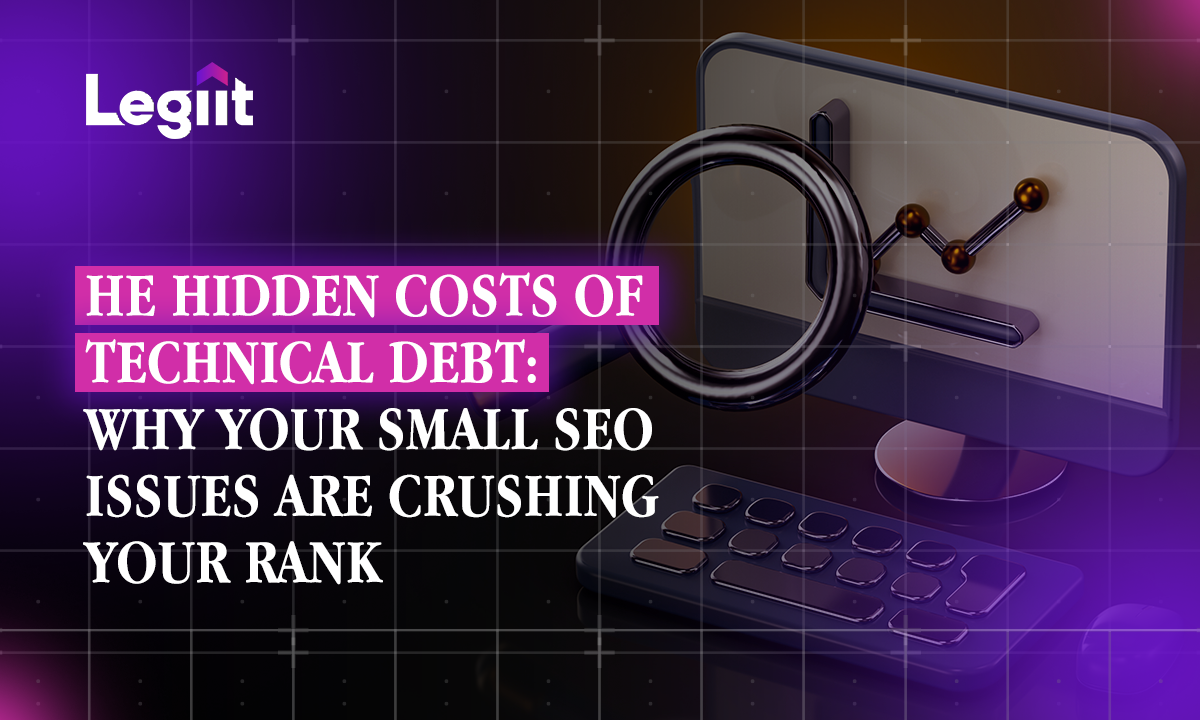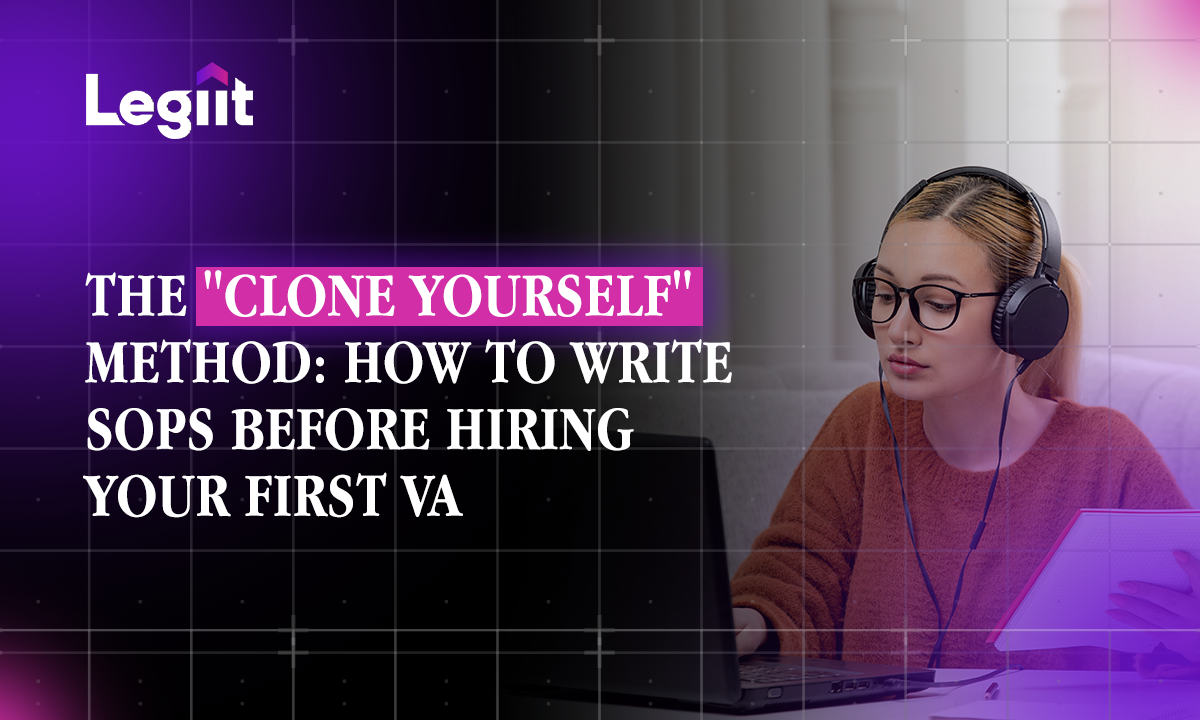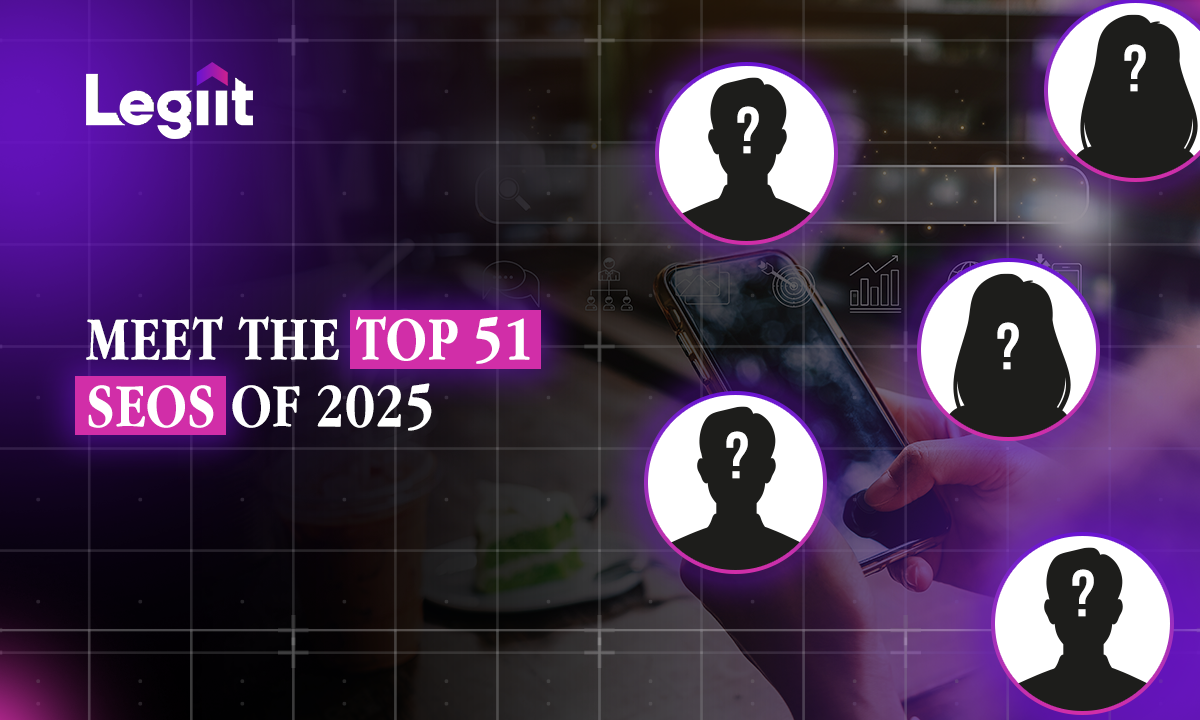If you are a pro or a beginner at the early stage of your gig career, you might be worried that your unemployment benefits will stop. But will it? Can freelancers get unemployment benefits?
Short answer: yes!
It sounds strange, but it’s possible. You can keep enjoying the benefits of unemployment even as a freelancer. But it won’t be a stroll in the park. How so?
According to a survey by Freelancers Union, only 12% of 2,767 respondents claim to receive unemployment benefits as freelancers. That’s your cue!
Even at that, don’t fret. You can get your benefits despite your “gigs.” Think of it as eating your cake and yet having it.
Still not convinced, eh?
We understand that your mind is a question mill by now. You wonder, isn’t freelancing a sort of employment? If indeed you can enjoy your benefits still, how can you be among the lucky “12%”? Most importantly, where can you, as a freelancer, get a steady flow of work?
This post contains all the answers!
A little warning: This post is rich with information. Just a few blink, and you will miss the juice. So, stay glued, and be comfortable!
Does Freelance Work Count As Employment?

We know that’s the first question on your mind. And you were right to ask.
More so, freelancing involves a contract, and you will receive payment. So, how does it qualify for unemployment benefits? Isn’t it a kind of employment?
According to the Internal Revenue Service, freelancing counts as employment. It is a form of self-employment, and the income thereof is taxable. What’s more, the IRS categorically stated that:
“You must file a tax return if you have net earnings from self-employment of $400 or more from gig work, even if it’s a side job, part-time or temporary.”
Note the word: gig work!
So, yes, freelancing is a form of employment. The twist is now how it qualifies for benefits allocated for the unemployed. How?
Why Do Freelancers Qualify For Unemployment Benefits?
By definition, freelancing means an individual is gainfully engaged and won’t qualify for unemployment benefits. Freelancers won’t even think about applying. But COVID19 changed the narrative.
In response to the pandemic, the CARES Act came to the fore. And what that means is that Congress, through the state governments, created a unique benefits package: Pandemic Unemployment Assistance (PUA).
Unlike the default unemployment insurance benefit, PUA extends beyond the unemployed. It also caters to self-employed, independent contractors, and freelancers: you – cheers!
PUA should ordinarily end in July 2020. Thankfully, Congress shifted the expiry till later – September 2021. So, you might still benefit. Plus, Congress might yet extend the termination even further.
In summary, you can apply for PUA as a freelancer as long as its legislation stands. But you must first document your income and check if your state still runs the program.
Now, you know freelancers can get unemployment benefits. Perhaps you wonder, can you continue to combine the two opportunities? Won’t one affect the other?
Let’s see!
Will Continuous Freelancing Disturb Your Unemployment Benefits?

No!
You can freelance as long as you want and enjoy PUA if the legislation stands. One doesn’t disturb or stops the other.
However, there is a sideline. Freelancing reduces your unemployment benefits. The more income you take on, the lesser PUA you get.
Another thing to note is that the reduction varies across different states. Each state has a unique formula she uses to determine what you eventually get: partial benefit amount.
If you don’t earn above your state’s threshold, you will get your benefits in full. Else, the state will deduct your partial benefit amount by the increment.
And if your earning outstrips your partial benefit amount, you will no longer receive unemployment insurance. At that point, you won’t even need it.
But before you get to the heights, and that’s if you’re not already there, how can you apply and get unemployment benefits?
5 Tips To Help Freelancers Get Unemployment Benefits
It can be frustrating applying for state unemployment systems. The entire process is confusing, starting from the guidance, through delayed responses, to broken communication.
Imagine all the time you would have wasted. Perhaps frustrating doesn’t quite capture the hectic process.
Nonetheless, you can avoid the stress and faulty systems, apply, and get your well-deserved PUA as a freelancer. The following tips will help:
Know Your Options
The first step to a successful unemployment application is knowing your options. What relief packages can benefit you?
Do you know you can even benefit from both state and federal relief programs? And that’s not all; you can still add small business loans to the mix.
Let’s enlighten you about your options!
State Unemployment Benefits
The first option here is the PUA of the CARES Act. And you can enjoy the benefits for up to 39 weeks. For each of those weeks, you will receive an allotted payment through your state’s unemployment office.
Pro tip: the payment varies around different states. Massachusetts, for example, is one of the high-paying states.
Besides PUA, you can still enjoy the traditional unemployment benefits. For that, however, your freelancing line of work would come with a W-2 income.
Federal Unemployment Benefit
You can still add a federal relief on your state’s benefits. Unlike the state’s offer, it runs for 16weeks.
Furthermore, the federal benefit is the same across all states: a $600 weekly payment. But it comes in different schedules.
In some states, you will receive the relief separately. And in some others, you will get the benefits within the PUA or the traditional plan.
Small Business Loans
Remember we said freelancing is self-employment. Because of that, you could benefit from small business loans. The relief packages in this section include:
- Economic Injury Disaster Loans (EIDL),
- Paycheck Protection Program loans (PPP), and
- Self-Employment Assistance Program (SEAP).
Check Your Eligibility
Once you round up your options, check if you are eligible. If you were a payroll employee, you might not need the check. But as a freelancer, you take jobs from different sources. As a result, the conditions might come out as confusing.
In any case, all your income streams should have been affected by the pandemic. Else, you might not be eligible for the PUA.
And that’s not all. Work out how much you have lost due to the pandemic. Also, how much do you currently earn?
Another thing you want to consider is if you were in a job recently. Was it a W-2?
If yes, a traditional unemployment benefit is the best fit and the fastest. Unfortunately, it is less than what you’ll get from PUA.
Pro tip: Eligibility for W-2 unemployment automatically means you can’t benefit from PUA.
Put Your Documents In Order

You know your options and have seen what you are eligible for; the next step is to prepare your paperwork. Here is where the work lies.
So, where do you start?
- If you have already filed for tax returns, note the Schedule C; it focuses on your business-centered proceeds.
- If you have not filed for tax returns yet, gather your expenses and receipts. Most importantly, ensure your earnings records are accurate and up-to-date.
Now, you can proceed to submit your paperwork to your state unemployment office. Before that, do this:
Know Your State’s Application Schedule

Despite your preparation, unemployment application schedules can prove a hard nut to crack. And it is like that because states have the autonomy to set their timelines. That means, lack of uniformity and confusion for applicants.
But you can cut through all that by learning the schedule of your state. So, check the state’s unemployment office and website to confirm.
Take Your Time With The Questions
Your application is almost complete, fill the application, and you can start expecting the result. About that, note that the questions on the form can be tricky. How so?
Unemployment applications are not primarily for freelancers. So, they often come off as confusing. For that reason, take your time and answer the questions rightly.
Let’s give you an example:
- Question: are you unable to work because the COVID19 pandemic caused your workplace to shut down?
- Answer: don’t say no to that question. If you do, your response means you don’t want to work willingly.
Instead, say yes. That way, you mean you would work if not for COVID19 restrictions.
Overall, find time to answer the questions on your application. It’s not a thing to do in haste. Else, you might dent your efforts so far.
That said, you might not want to depend on unemployment relief for long. What if Congress stops PUA? You don’t want to be at their mercy!
So, what should you do?
Find a steady flow of work. And one place where that is assured is Legiit. But you must put in the effort!
To sweeten the deal, check out what you can start as a beginner freelancer. And if you are already a pro stuck in a rut, see how you can rekindle the splint.
Last note: know that you will pay taxes on your unemployment benefits and freelancing benefits. For the latter, you will opt-in for tax deductions. Overall, do the right thing as a dutiful citizen!
Verdict
Freelancers can get unemployment benefits like other out-of-jobs individuals. Indeed, freelancing in itself is self-employment. Regardless, it qualifies for relief plans through the Pandemic Unemployment Assistance (PUA).
Survey mentioned in article: Freelancers Union








 Download
Download